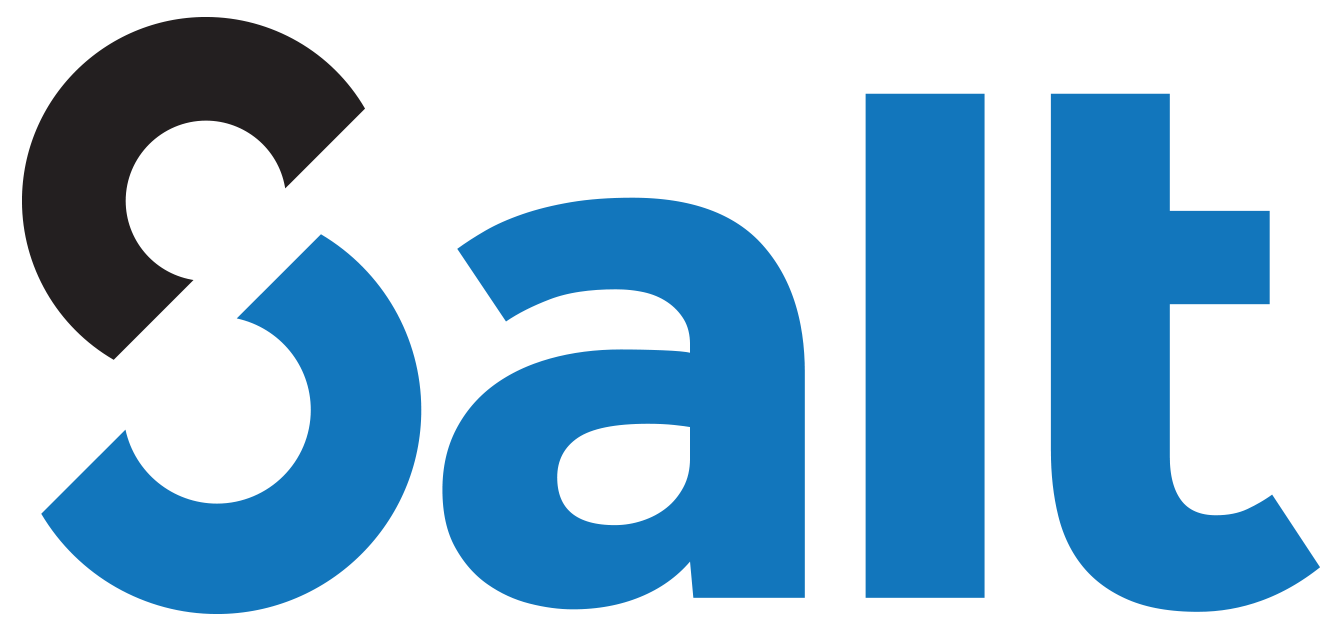ACM International Conference on Information Technology for Social Good (GoodIT 2021)
9-11 September 2021, Rome, Italy
Scope
GoodIT 2021 will focus on the application of IT technologies to social good. Social good is typically defined as an action that provides some sort of benefit to the general public. In this case, Internet connection, education, and healthcare are all good examples of social goods. However, new media innovations and the explosion of online communities have added new meaning to the term. Social good is now about global citizens uniting to unlock the potential of individuals, technology, and collaboration to create positive societal impact.
Upcoming Important Dates
- Conference dates: 9-11 September 2021
Call for Regular Papers
- Submission deadline: May 1, 2021
- Notification of acceptance: June 22, 2021
- Camera Ready: July 10, 2021
Call for Special Tracks Papers
- Submission deadline: May 1, 2021
- Notification of acceptance: June 22, 2021
- Camera Ready: July 10, 2021
Call for Work in Progress and PhD Track Papers
- Full Paper Submission deadline: June 1, 2021
- Notification deadline: June 22, 2021
- Camera-ready deadline: July 10, 2021
Call for Regular Papers
The GoodIT conference seeks papers describing significant research contributions related with the application of IT technologies to social good. Social good is typically defined as an action that provides some sort of benefit to the general public. GoodIT solicits papers that address important research challenges related with, but not limited to:
- IT for education
- Data Science
- Digital solutions for Cultural Heritage
- Data sensing, processing, and persistency
- Game, entertainment, and multimedia applications
- Health and social care
- IT for development
- Privacy and trust issues and solutions
- Sustainable cities and transportation
- Smart governance and e-administration
- IT for smart living
- Technology addressing the digital divide
- IT for automotive
- Frugal solutions for IT
- Ethical computing
- Decentralized approaches to IT
- Citizen science
- Socially responsible IT solutions
- Sustainable IT
- Social informatics
- Civic intelligence
Important Dates
- Submission deadline: May 1, 2021
- Notification of acceptance: June 22, 2021
- Camera Ready: July 10, 2021
Call for Special Tracks Papers
Special Track on User Engagement in IoT Systems
Luca Bedogni – Università di Modena e Reggio Emilia, Italy
Federico Montori – Università di Bologna, Italy
Click here for more info
Special Track on AI for tackling dis/misinformation during Pandemics
John William Walker – Nottingham Trent University, UK
Ahmed Elmesiry – University of South Wales, UK
Click here for more info
Special Track on Information Technology against COVID19
Andrea Masciadri – Politecnico di Milano, Italy
Marcos Baez – Lion University, France
Click here for more info
Special Track on BlockchAin aNd DecentralIzed Technologies for Social Good
Barbara Guidi, Università di Pisa, Italy
Laura Ricci, Università di Pisa, Italy
Click here for more info
Special Track on Serious Games to Improve Quality of Life
Antonio Rodà – Università di Padova, Italy
Antonio Origlia – Università di Napoli Federico II, Italy
Thomas Bjørner – Aalborg University, Denmark Click here for more info
Special Track on ML on Embedded Devices: applications for Social Good
Marco Zennaro, The Abdus Salam International Centre for Theoretical Physics, Italy
Sandor Markon, Kobe Institute of Computing, Japan
Ahmet Onat, Sabanci University, Turkey
Click here for more info
Special Track on Disinformation Cybersecurity Risks and Responses
Andrea Melis – Università di Bologna, Italy
Luca Sartori – Università di Bologna, Italy
Thanassis Tiropanis – University of Southampton, UK
Abstract: Disinformation is increasingly recognized as a threat to national security, democracy, collective cohesion and individuals’ freedom, like the recent cases of destroying 5G towers and conspiracies like QAnon testify. Disinformation and ‘secure social media’ are still an emerging frontier for cyber security, along which we need to develop unconventional techniques to harness its negative implications both before and after a data breach, far beyond ex post breach notifications and regulatory fines. Understanding cybersecurity as a public good needs to develop a systematic approach to security, with shared responsibilities among the different stakeholders, and a widespread perception that cyberattacks do increasingly happen. Our fundamental assumptions of what a cyber attack technically looks like must then evolve as well as the public perception of cyberattacks and technical vulnerabilities of technological artifacts of everyday use (mobiles, health related appliances, smart cities, digital PA, ecc). Policy makers need to recognize cyberattacks as a national security risk, introducing a cybersecurity risk in policy design. Notwithstanding situations of emergency, that allow and publicly justify the State and its law enforcement bodies to the right to access private information of suspects, there is much uncertainty on how this can be achieved in a technical and ethical way without opening doors for abuse. In 2021, being a steward of good cybersecurity practices is supposed to be a cornerstone of any company’s business model as well as government agencies, but their program for social good should be clearer, increasing the public awareness. Protecting society by first and foremost protecting consumers and citizens’ data not only promotes a culture of trust and accountability, it can improve to fight and contain misinformation across multiple domains.
Special Track on Good Health Tech
Paolo Perego – Politecnico di Milano, Italy
Nima Taherinejad – Technical University of Vienna, Austria
Amir Aminifar – Lund University, Sweden
Click here for more info
Special Track on IT for Environmental Intelligence
Jose Maria Cecilia, Universitat Politècnica de València, Spain
Mark Mulligan – King’s College London, UK
Click here for more info
Special Track on ICT-enhanced Education with social impact
Sergio Martin – Universidad Nacional de Educación a Distancia, Spain
Johann Marquez-Barja – University of Antwerp, Belgium
Click here for more info

